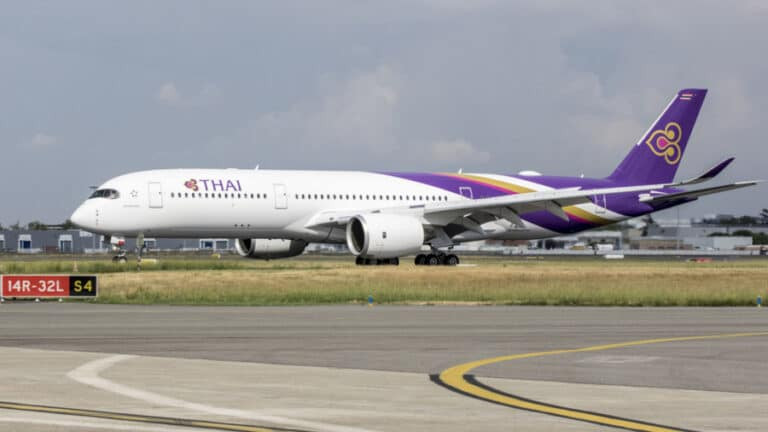Thailand has ratified the Montreal Convention 1999 (MC99), which will result in changes including significantly increasing the use of electronic air waybills (e-AWB) when it is implemented on 2 October.
The overwhelming majority of carriage to and from Thailand will be subject to an international convention and to internationally defined and accepted standards for the first time, providing transparency, certainty and clarity to liability in carriage by air.
MC99 covers both passenger and cargo, and for the latter, the Act introduces a liability limit of SDRs 19 per kilogram for cargo loss, damage or delay claims, which international law firm Watson Farley & Williams (WFW) says would represent “a long overdue improvement on the previous position, particularly given the volume and value of air cargo carried to and from Thailand” if correctly and consistently applied.
The law firm also says a critical feature is the elimination of the need for carriers to demonstrate express consent of a shipper to contractual liability limits, which will end the practice of settlement by reference to the invoice value of cargo claims.
The use of e-AWBs should also increase significantly once The International Air Transport Act and the International Air Transport Amendment Act comes into force as many legal issues including the notice of limits of liability are addressed.
WFW says one issue to consider is potential customs duties and other taxes where cargo is delivered to a party in transit.
The firm says: “Although the consignor is liable for any expenses resulting from the exercise of the right of disposition, airlines may face pressure to meet customs duties and any storage and handling charges, particularly where the consignor is not based in Thailand.”



